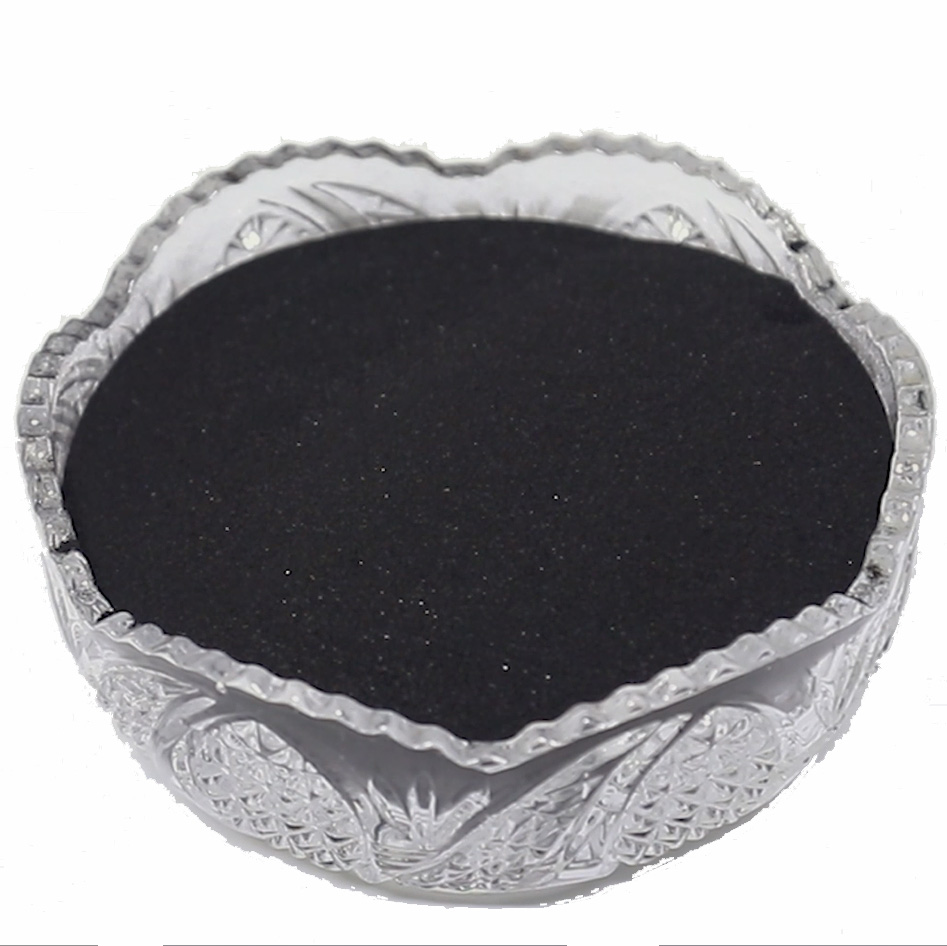
Nov . 20, 2024 09:22 Back to list
best npk fertilizer types
Best NPK Fertilizer Types for Optimal Plant Growth
When it comes to cultivating a thriving garden or farm, the importance of proper fertilization cannot be overstated. Among the various types of fertilizers available, NPK fertilizers stand out as essential ingredients for healthy plant growth. NPK fertilizers contain three primary nutrients Nitrogen (N), Phosphorus (P), and Potassium (K). Each of these nutrients plays a vital role in plant development, making it crucial to choose the right type of NPK fertilizer for your specific needs.
Understanding the Role of NPK Nutrients
1. Nitrogen (N) This nutrient is primarily responsible for promoting vegetative growth. It helps in the production of chlorophyll, which is essential for photosynthesis, and supports the development of leaves and stems. A nitrogen-rich fertilizer is particularly beneficial during the early growth stages of plants.
2. Phosphorus (P) Phosphorus contributes to root development, flowering, and fruit production. It plays a crucial role in energy transfer within the plant and is vital for the formation of DNA and RNA. A phosphorus-heavy fertilizer is ideal for encouraging strong root systems and enhancing flowering and fruiting in crops.
3. Potassium (K) This nutrient is essential for overall plant health. It helps regulate various physiological processes, including water uptake, enzyme activation, and photosynthesis. Potassium also improves a plant's ability to withstand stress conditions such as drought and disease.
Choosing the Right NPK Fertilizer
best npk fertilizer types

When selecting an NPK fertilizer, it's important to consider the specific needs of your plants as well as the nutrient composition of your soil. Here are some of the most popular types of NPK fertilizers and their best applications
1. Granular NPK Fertilizers These are the most common type of NPK fertilizers available on the market. They come in various formulations, such as 10-10-10 (balanced) or 20-10-10 (high nitrogen). Granular fertilizers are ideal for applying directly to the soil and can provide a slow release of nutrients, benefiting plants over an extended period.
2. Liquid NPK Fertilizers Liquid fertilizers are easier to apply and can be absorbed more quickly by plants. They are often used in conjunction with foliar feeding, where nutrients are sprayed directly onto plant leaves. This type is ideal for rapid nutrient delivery and is commonly used in greenhouse settings or for container gardening.
3. Slow-Release NPK Fertilizers These fertilizers are designed to release nutrients gradually over time. They are ideal for long-term applications, reducing the need for frequent feedings. Businesses and homeowners might choose slow-release fertilizers for their ornamental plants or lawns to ensure that the nutrients are available when needed.
4. Organic NPK Fertilizers For environmentally conscious gardeners, organic NPK fertilizers derived from natural sources like compost, manure, and bone meal are available. These fertilizers not only supply necessary nutrients but also improve soil structure and health, foster beneficial microbial activity, and promote sustainability.
Conclusion
Ultimately, the best NPK fertilizer for your garden or farm depends on your specific plants' growth stages and nutrient requirements. By understanding the role of nitrogen, phosphorus, and potassium, as well as the various types of NPK fertilizers available, you can make informed decisions that will lead to healthier plants and more bountiful harvests. Always conduct a soil test before applying fertilizers to ensure that you are addressing the specific nutrient deficiencies in your soil. With the right approach to fertilization, your gardening efforts will flourish!
-
Premium Amino Acid Fertilizer | Rapid Plant Growth Booster
NewsJul.31,2025
-
10 10 10 Fertilizer Organic—Balanced NPK for All Plants
NewsJul.30,2025
-
Premium 10 10 10 Fertilizer Organic for Balanced Plant Growth
NewsJul.29,2025
-
Premium 10 10 10 Fertilizer Organic for Balanced Plant Growth
NewsJul.29,2025
-
Premium 10 10 10 Fertilizer Organic for Balanced Plant Growth
NewsJul.29,2025
-
50 Pound Bags of 13-13-13 Fertilizer for All Plants – Bulk & Organic Options
NewsJul.28,2025
